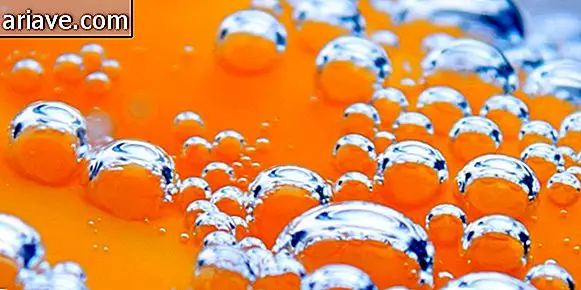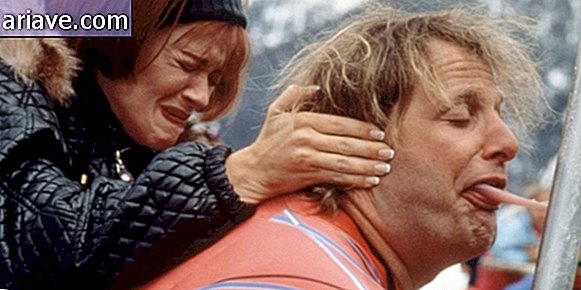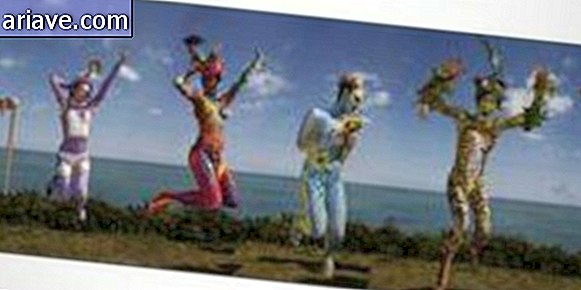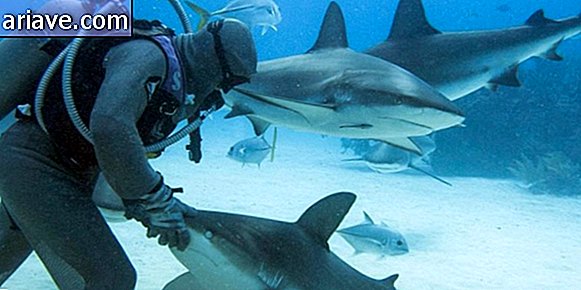In sports, excess water kills more than dehydration

Anyone who is minimally interested in sports is aware of the importance of keeping the body hydrated during a very long exercise session. With marathon runner Kate Mori, the case was no different. Always advised to stay ahead of her headquarters, Mori followed the advice strictly at the London Marathon in 2007, ingesting fluid everywhere with water she encountered along the way.
But as the finish line approached, Mori had to be supported by other competitors. Hours later, he woke up in a London hospital with diarrhea, vomiting and mental confusion. Also, her legs seemed to keep running, as if she were still in the marathon. The problem, as indicated by The Telegraph, was that Mori drank too much water, which led her to develop exercise-related hyponatremia (a condition known as EAH).
Hyponatremia Care
Roughly speaking, the excess liquid causes water intoxication, causing the sodium concentration in the human body to be drastically reduced. This causes a kind of swelling in the brain that can lead to fainting and even seizures, as well as mental confusion.
Professor Timothy Noakes of the University of Cape Town, South Africa, says that the risk of dehydration during sports has been overstated by sports professionals, leading to an increase in cases of AHS. Therefore, athletes should keep in mind that excessive drinking before, during or after exercise can lead to death.
In an interview with The Telegraph, Noakes says there is not even one case of death from dehydration in marathons. However, the sports world has lost 12 athletes due to EAH and, globally, there are over 1, 600 documented cases of water poisoning since 1981.
How much would be the ideal amount of water to be ingested by a marathoner? According to Professor Noakes, drinking just to quench thirst would be enough to maintain fluid balance in the body, and overcoming this would be like ignoring a biological warning that the body itself gives us.











